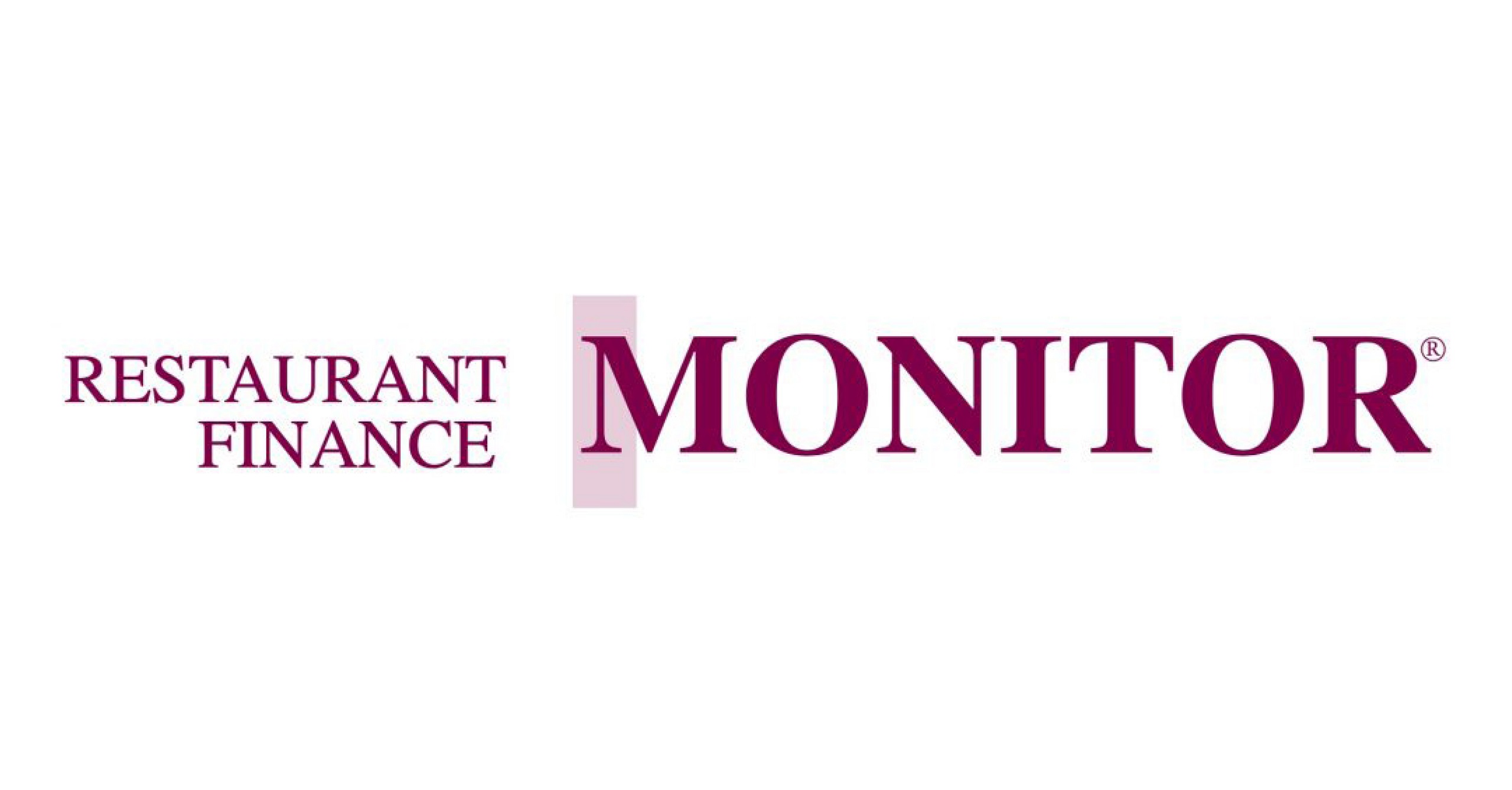Full disclosure: I’m not an employment lawyer. I’m a tax attorney and have worked with restaurants for 45 years. I’m also a restaurant owner and once took time off from practicing law to be a CEO of a midsize restaurant company. I’ve seen a lot. Some don’t believe me when I tell them all the things I’ve seen related to employment matters. In this article I’d like to outline some key employment law items that you need to know in order to form a positive culture and have effective staffing. I’ve included input from employment lawyer Joel Andersen at Nilan Johnson Lewis and law clerk Alexis Zimmer from my firm.
Be sure to have a sounding board for employees, so issues don’t create more problems. An effective communication system works for everyone. Secondly, review your employment manuals, contracts or letters on a regular basis. Ensure you understand your role as an employer and comply with the terms of employment, some of which will determine if your non-competes, employee leave policies and scheduling are enforceable.
Multiple sources of employment regulation
Regulations come from many sources, including local, state and federal agencies, plus case law. Make sure everyone understands they need to follow the current laws.
Also, look at trends. Evolving laws and ordinances, particularly ones favoring employees, tend to originate in California, New York, Washington and Oregon. Close behind are Illinois, Colorado and Minnesota, which seem to be the first adopters of laws that originate on the coast. Some of the major trends are paid leave, predictive scheduling, arbitration provisions, minimum wages, noncompete, wage disclosure and tip rules.
Specific legal provisions
Items that involve paid leave, whether it’s sick leave, family leave or ESST (Earned Sick & Safe Time) are most regulated. Educate management on the rules that apply to the restaurant’s location, not your corporate business location. Incorporate those into your scheduling software.
Train management on predictable scheduling, which makes it difficult to cut someone’s shift when the restaurant is slow and requires a prior period of time to provide employees their schedule. If it’s altered, it may require payment to the employee. The statutes all vary, so verify you’re following those that apply to your location.
Check out your arbitration and non-compete clauses in contracts or employee handbooks. Many provisions are unenforceable and need to be removed or revised. Another sticky area is wage and hour regulations, which include handling tips, exempt and nonexempt employees, when the clock starts, PTO and family leave. All are mine fields if the rules aren’t followed. Discuss once a month with management about these issues and identify procedures to assure compliance. Avoid pitfalls with up-to-date software in compliance with wage and hour rules.
Finally, state and local governments have rules requiring pay-range disclosures for job postings. Review your existing payroll to eliminate any inconsistencies among positions or potential pay discrimination.
Collective bargaining
The elephant in the room is unions. I’m not going to discuss the pros or cons to this, but in order to foster happy employees, you need to let them know you want to address their needs. If you have a union that has made headway into your business, as the employer, the best option is to develop a respectful and communicative relationship with the union leaders. This partnership can help in terms of health benefits, scheduling issues, finding good staff and developing a strong culture.
There is no substitute for creative and incentive-based compensation plans. Investigate deferred compensation programs with incentives for the employees. Some of these take the form of stock appreciation rights, where employees share in the company value increase, or deferred compensation plans or a bonus on a sale event or even the use of an ESOP (Employee Stock Ownership Plan).
The six things I recommend:
1. Understand the laws at the local, state and federal levels and any significant administrative guidance. You need strong legal counsel, so reach out to an employment attorney who knows restaurants.
2. You need to be able to communicate those laws in a simplified form, so your management team understands, particularly as it relates to scheduling and time off.
3. Verify your employees have a clear direction as to who they can communicate when there are missteps. You don’t want to have whistleblower issues or retaliation.
4. Provide and display legal notices for new and current rules as required, making sure all legal posters and notices and documents are up to date.
5. Provide employees with incentives and bonuses tied to the success of the business.
6. Ensure your employees can have fun at work. Develop a culture where people will want to come to work every day.
You, too, will have a lot more fun at work, if you know you’re doing everything by the book and crossing the “T”s and dotting the “I”s.
From the September 2024 issue of Restaurant Finance Monitor
Author
-

Co-founder and chairman of Monroe Moxness Berg PA, Dennis is a pioneer in corporate financing with a broad network of finance contacts and clients. He assists businesses, from emerging companies to multinational firms, by providing creative ideas, identifying unique financing sources, and developing the financial tools necessary for their growth and development.
